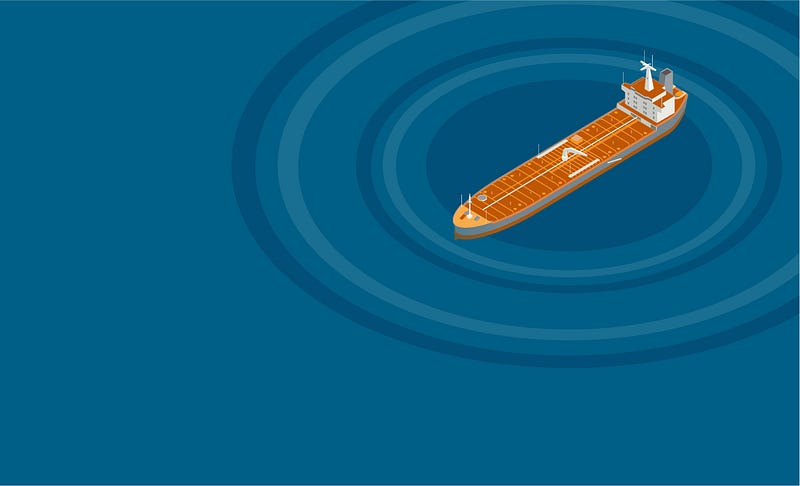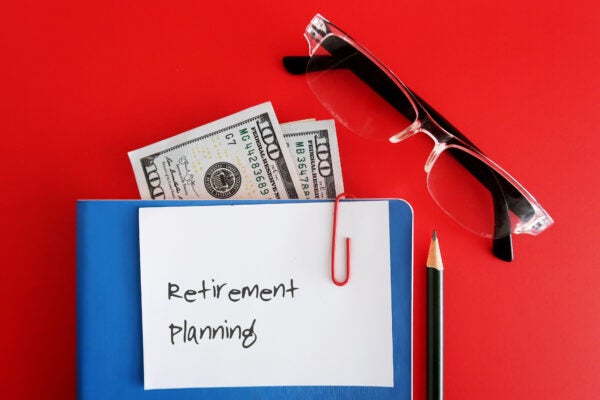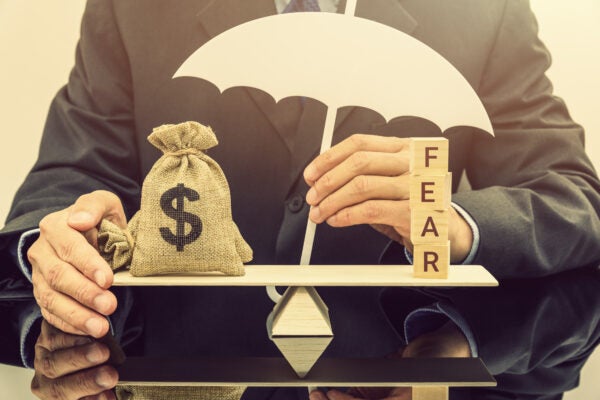Why You’re Unlikely to Hear About a Company’s Bad Behavior
Oil spill repeat offenders are less likely to receive attention, new research shows
Based on the research of Francisco Polidoro Jr.

Research shows that companies benefit from having a good reputation. But what about when a company is known for doing bad?
Texas McCombs Associate Professor of Management Francisco Polidoro Jr. wanted to find out. Polidoro and his co-authors, McCombs alumni David Chandler, Ph.D. ’11, of the University of Colorado Denver, and Wei Yang, Ph.D. ’19, of George Mason University, considered 113 examples of major oil spills by 23 oil and gas companies in the U.S. between 1985 and 2016. They discovered that while the impact of a bad reputation can be complex, the media are less likely to cover repeat offenders who are responsible for larger oil spills. Polidoro says coverage of these events is influenced by the need for the news to be new, “resulting in the media ignoring behavior by firms with the worst track record in terms of a specific task, but penalizing those firms that perform relatively better by exposing their errors.”
Polidoro recently discussed why, in some cases, companies can benefit from being bad.
What prompted your research into oil spills?
My co-authors and I had this idea that sometimes it pays to have a bad reputation. For example, if Walmart has an issue with labor practices, people may not be as surprised if they learned that Whole Foods experienced a similar problem.
Why did you choose oil spills as a measure of bad reputation?
Most of us recall oil spills like Deepwater Horizon or the Exxon Valdez in Alaska. But in between, other major oil spills didn’t receive the same attention. Unlike company mistakes that are self-reported, oil spills are objectively determined by the government or agencies. And they have meaningful consequences for the company and the environment.
What did you learn about the media coverage of major oil spills?
We were surprised, because we expected a lot more coverage. We found out that less than half of them receive any coverage at all.
Why is that?
Part of the reason is the uncertainty surrounding the event. How impactful will this be at the end of the day? What else is competing for media attention at that particular moment? The media may be right not to cover an oil spill. It all depends on what else is receiving news coverage. For example, currently, the coronavirus is rightfully getting a lot of attention.
That means an even bigger news event can overshadow corporate mistakes like oil spills. If my company is already behaving badly, can we expect to get away with more bad behavior?
That’s what the evidence suggests, but this is not a license to get away with things. Character reputation matters, too. Reputation is a shortcut people use to make decisions.
In your paper, you differentiate between a company’s character and its capability. What’s the difference?
An organization may engage in activities that turn out to be bad. That’s not necessarily reflective of a deliberate attempt to be bad. We distinguish between a track record in prior oil spills that may be due to the organization failing and eventually causing that oil spill. That’s not to say the company is deliberately ignoring — or deliberately engaged in — activities that cause the oil spill. On the other hand, if the company is systematically being fined for environmental regulations they are not complying with, that’s about an organization’s character.
What else did you learn from this research?
We can’t just rely on external entities to monitor companies’ behavior. This may also be an eye opener for monitors, who can ask themselves whether they should be paying better attention. I don’t know what other news events are competing for their attention at the same time. But that’s definitely something they can ponder.
“When is it Good to be Bad? Contrasting Effects of Multiple Reputations for Bad Behavior on Media Coverage of Serious Organizational Errors” was published in the August 2020 Academy of Management Journal.
Story by Jeremy M. Simon
About this Post
Share:


